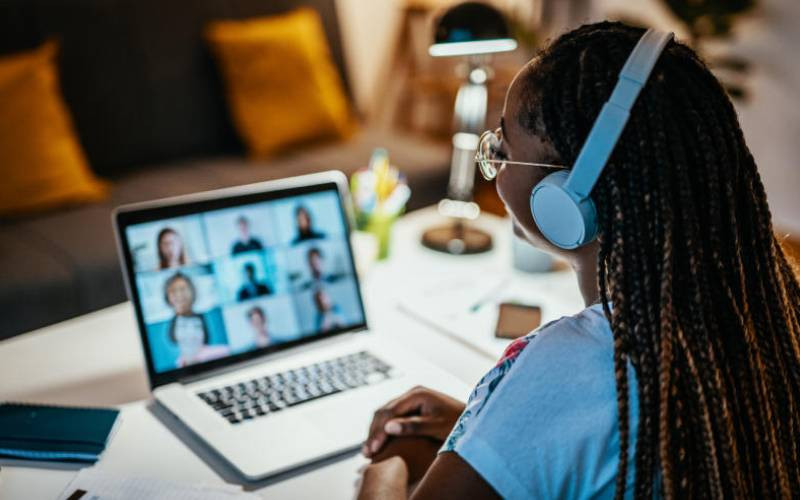
It was that time of the year when we admit new doctors for our consultants' training programme. New trainees join the programme with excitement, itching to become consultants. For the existing consultants, there is always some trepidation, as new doctors usually require direct supervision for safe patient care.
We shorten the time to acquisition of specialised skills by using medical simulation. This is not any different from pilots training in simulated cockpits, in order to fly more sophisticated aircraft. Medical simulation is now so advanced, trainees learn complex surgical techniques in virtual labs, well before touching live patients.